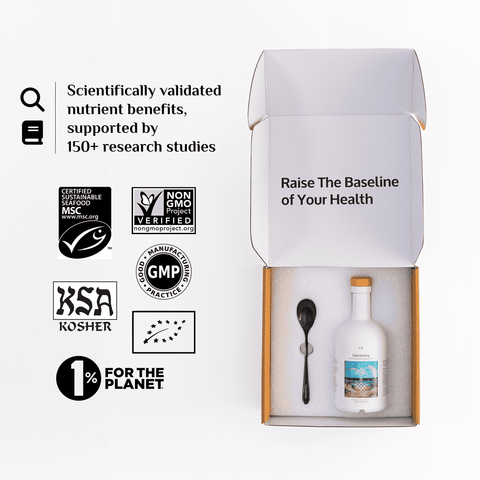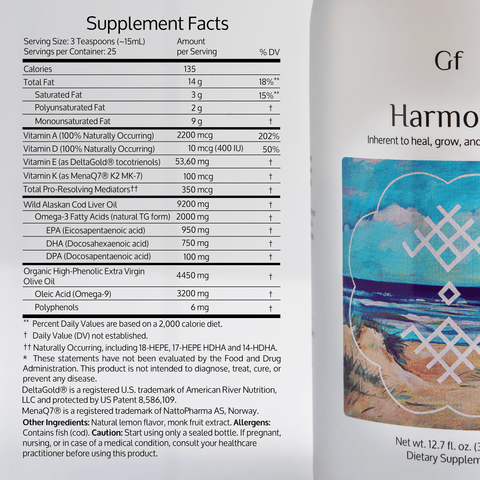Omega-3s: Powering Pregnancy & Early Life
Omega-3 fatty acids are essential fats our bodies can't produce independently. During pregnancy and early life, these fats play a crucial role in both mom and baby's health. Let's explore the incredible benefits omega-3s offer throughout this remarkable journey.
Building a Healthy Foundation: Omega-3s for Mom
During pregnancy, a woman's body undergoes significant changes to nurture a growing baby. Here's how omega-3s can contribute to a healthy pregnancy:
- Reduced Risk of Preterm Birth: Studies suggest sufficient omega-3 intake may lower the risk of preterm birth, a serious health concern. [1]
- Improved Mood and Cognitive Function: Omega-3s might play a role in managing symptoms of pregnancy-related depression and anxiety. [2]
- Heart Health Support: These essential fats contribute to healthy blood pressure and overall cardiovascular health, important for moms-to-be.
A Brainpower Boost: Omega-3s for Baby's Development
Omega-3s, particularly DHA (docosahexaenoic acid), are vital building blocks for a baby's developing brain and nervous system. Here's why they matter:
- Brain Cell Growth and Function: DHA is crucial for the development and function of brain cells, impacting learning, memory, and cognitive skills. [3]
- Eye Health: Omega-3s contribute to healthy vision development, allowing babies to see and explore the world around them.
- Reduced Risk of Developmental Delays: Research suggests adequate omega-3 intake may be linked to a lower risk of developmental delays in infants. [4]
Getting Your Dose of Omega-3 Goodness
There are two primary ways to increase your omega-3 intake:
- Fatty Fish: Aim for 2-3 servings of fatty fish (salmon, tuna, sardines) per week.
- Omega-3 Supplements: Talk to your doctor about high-quality fish oil or algae-based omega-3 supplements, especially if you don't eat much fish.
- Plant-Based Sources: For vegetarians and vegans, include ALA (alpha-linolenic acid) rich foods like flaxseeds, chia seeds, and walnuts in your diet.
Important Considerations
- Consult Your Doctor: Always discuss omega-3 supplementation with your doctor, especially if you have any underlying health conditions.
- Quality Matters: Choose high-quality omega-3 supplements tested for purity and free of contaminants.
- Prenatal Vitamins: Some prenatal vitamins already contain omega-3s, so check with your doctor about potential overlaps.
The Takeaway
Omega-3s offer significant benefits throughout pregnancy and early life. From supporting a healthy mom to promoting optimal brain development in your baby, these essential fats play a vital role. By incorporating more omega-3-rich foods or supplements (with your doctor's guidance), you can contribute to a healthy and happy journey into parenthood.
References:
[1] Omega-3 fatty acid addition during pregnancy | Cochrane
[2] Omega-3 During Pregnancy, But Not Childhood, May Reduce Infant Food Allergies
[3] The Importance of Omega-3 Fatty Acids for the Developing Brain
[4] Omega-3 Fatty Acids and Early Childhood Development
Disclaimer: This blog post is for informational purposes only. Always consult with a healthcare professional for personalized guidance on pregnancy and early-life nutrition.









